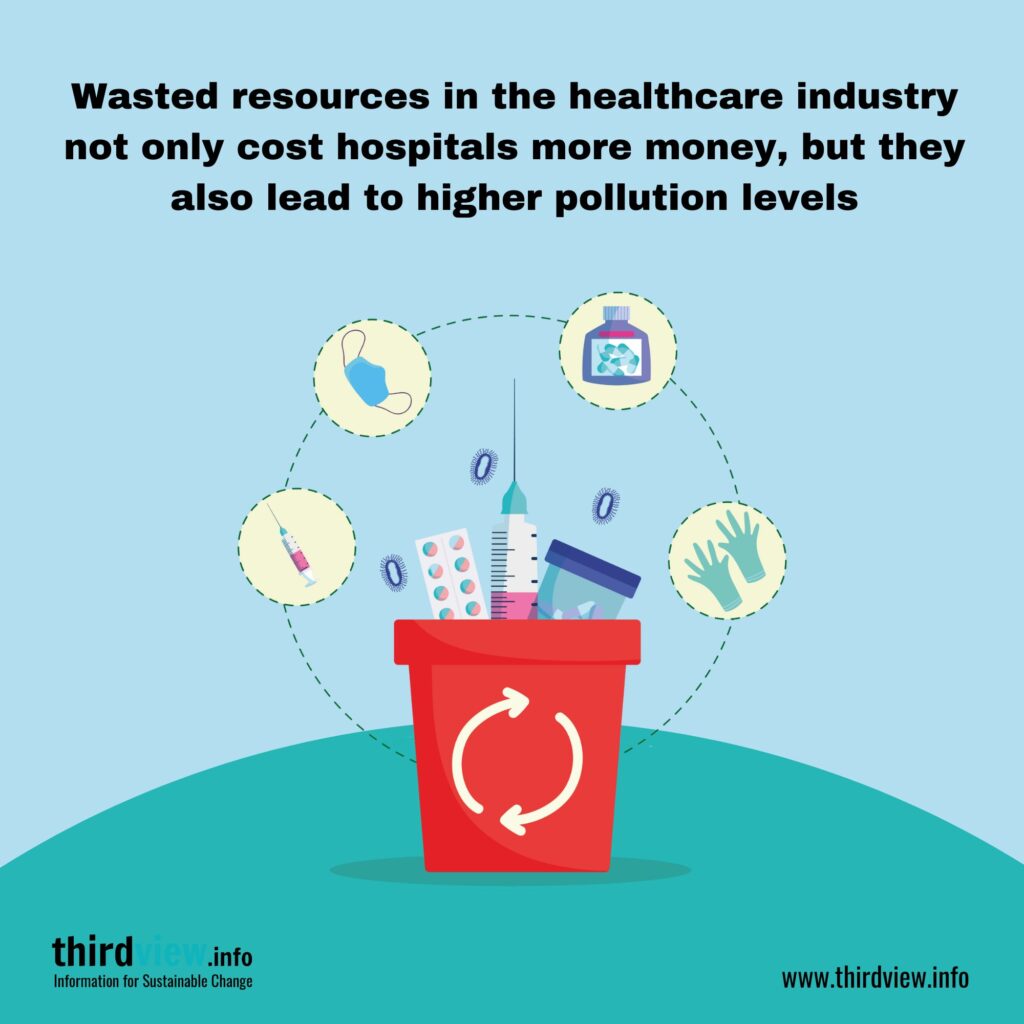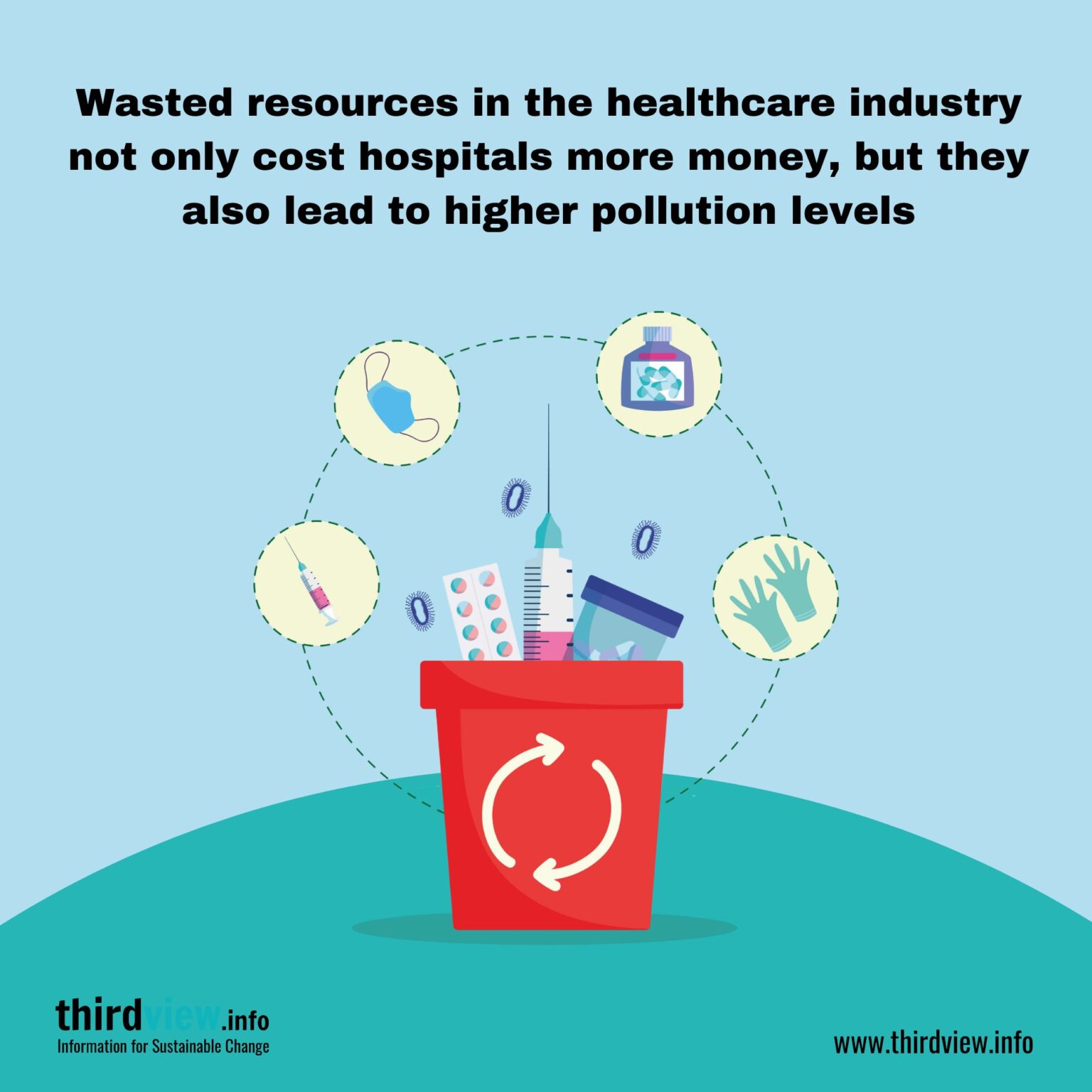The healthcare industry is one of the world’s largest economic sectors. As such, it has a huge impact on the environment. While many organizations are trying to reduce their environmental footprint, there is still much work to be done in healthcare to reduce waste and limit unnecessary energy use. In this blog post, we will discuss why reducing waste in the healthcare industry is important and provide some tips for how organizations can get started on their own waste-reduction efforts.
The Dangers of Wasted Resources in Healthcare
In recent years, there has been an increased focus on reducing wasted resources in the healthcare industry. This includes everything from unnecessary energy use to over-ordering supplies that end up going unused. When resources are wasted, not only does it cost hospitals more money, but it also leads to higher pollution levels due to more energy being used than necessary. Additionally, when too much waste is created, it can lead to health risks for those living around hospitals or other medical facilities as toxic materials may be released into nearby ecosystems or waterways.
Decrease Supplies Inventory
One of the most effective ways to reduce waste in healthcare is by decreasing the amount of inventory on hand at any given time. By having a better handle on what supplies are needed and when they’re needed, hospitals can significantly reduce their overall costs while also improving patient care. For example, if a hospital knows that it typically uses a certain type of medication on Tuesdays, then it can stock up on that medication ahead of time so that it doesn’t have to rush orders or pay extra for an emergency order later. In addition, hospitals should keep track of expiration dates and regularly review inventory levels to ensure that they always have enough supplies without overstocking them.
Optimize Processes
Another great way for healthcare providers to reduce waste is by optimizing existing processes and procedures. For example, if your organization has a policy manual or code of conduct document that’s rarely used or updated, consider removing it from your system altogether. By streamlining processes and eliminating unnecessary steps or paperwork, you’ll be able to save time and money while still providing quality care for your patients. Additionally, take advantage of technology when possible – switch paper-based systems over to digital systems whenever possible as this will greatly increase efficiency throughout the organization.
Reducing waste in the healthcare industry is essential for ensuring quality patient care while also keeping costs down. By implementing strategies such as reducing supply inventories and optimizing existing processes and procedures, healthcare organizations can save money while still providing excellent patient care services. With these simple tips in mind, you’ll be well on your way towards creating a more efficient and sustainable healthcare system.


